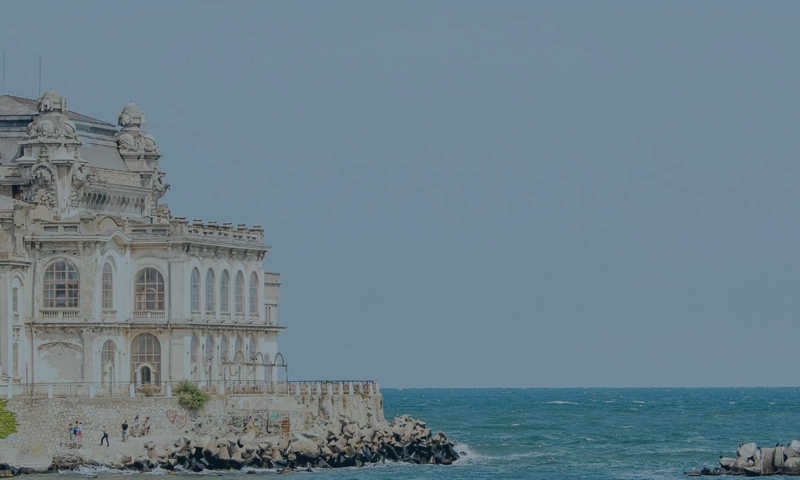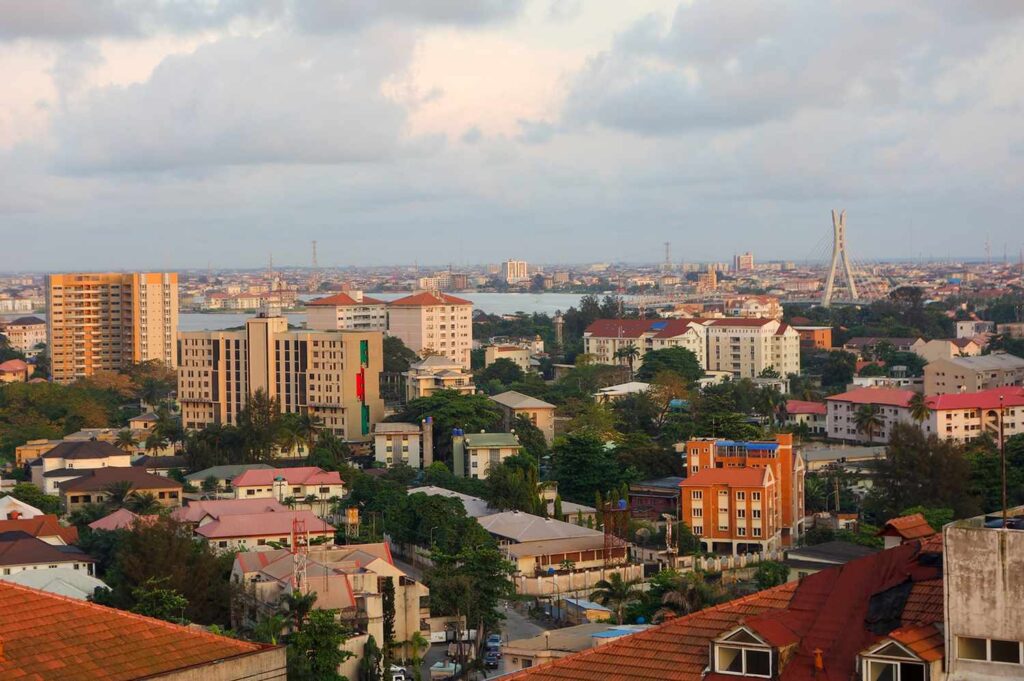
-
Robust Performance in Europe’s Travel Sector Despite Inflationary Challenges: Q3 2024 Report – Image Credit European Travel Commission
- Despite inflationary pressures, Europe’s travel sector demonstrated a strong performance in Q3 2024, exceeding pre-pandemic figures, with a 7% yearly increase in foreign arrivals and 5% in overnight stays.
- The need to manage capacity constraints and environmental strain on popular destinations is pushing the industry towards distributing visitors more equitably across diverse locations.
The European tourism sector has shown a remarkable upturn in Q3 2024, overcoming economic and geopolitical hurdles to surpass pre-pandemic figures. According to the European Travel Commission’s (ETC) latest research, foreign arrivals increased by 6% over 2019 levels and saw a 7% year-on-year growth. Overnight stays also experienced a 5% yearly increase. Factors contributing to this positive trend include significant events, enhanced air connectivity, particularly from China, and the continued pent-up demand for travel.
The “European Tourism Trends & Prospects” Q3 2024 report, released this week, provides an in-depth analysis of the European tourism landscape during the summer and examines the latest tourism and macroeconomic developments in the region.
While headline inflation in Europe has eased, services inflation remains high, influencing the costs incurred by tourism businesses and the behaviour of travellers. Despite the declining prices for international flights in the Euro Area in July and a marginal increase in August, inflation for accommodation and package holidays continued to outpace overall services inflation. This has led travellers to seek value-driven travel experiences. Despite this, tourist expenditure across Europe is projected to rise by 10.3% in 2024 compared to 2023, reaching a total of €719.7 billion, with Western Europe accounting for 74% of this figure.
ETC President, Miguel Sanz, commented on the report, emphasizing the resilience of the European tourism sector and the importance of travel to individuals, even amidst rising costs. He also highlighted the ongoing efforts to manage capacity constraints in popular destinations by redistributing visitors to more diverse locations, thereby ensuring a more sustainable and equitable future for European tourism.
The report also revealed that over half of the reporting European destinations have exceeded 2019 levels of foreign arrivals, with Southern Mediterranean destinations like Serbia and Malta showing notable increases. In contrast, recovery has been slower in the Baltics, Finland, Romania, and Slovakia.
The aviation and accommodation sectors also showed resilience, with European air travel demand rising by 3.4% over the summer months and revenue per available room (RevPAR) in European hotels increasing by 5.9% year-on-year. Additionally, short-term rentals surged by 11% as of August 2024 compared to 2023, signifying approximately 479,000 additional rental units since August 2023.
The report further highlighted the issue of overcrowding in popular destinations and the subsequent strain on capacity and the environment. Efforts are being made to promote lesser-known destinations and redistribute tourist flows to alleviate pressure on these hotspots. Recent data suggests that arrivals in emerging destinations are increasing, with countries like Albania and cities such as El Hierro and Sevilla in Spain outpacing established tourist destinations.
The full report can be downloaded from the European Travel Commission.


